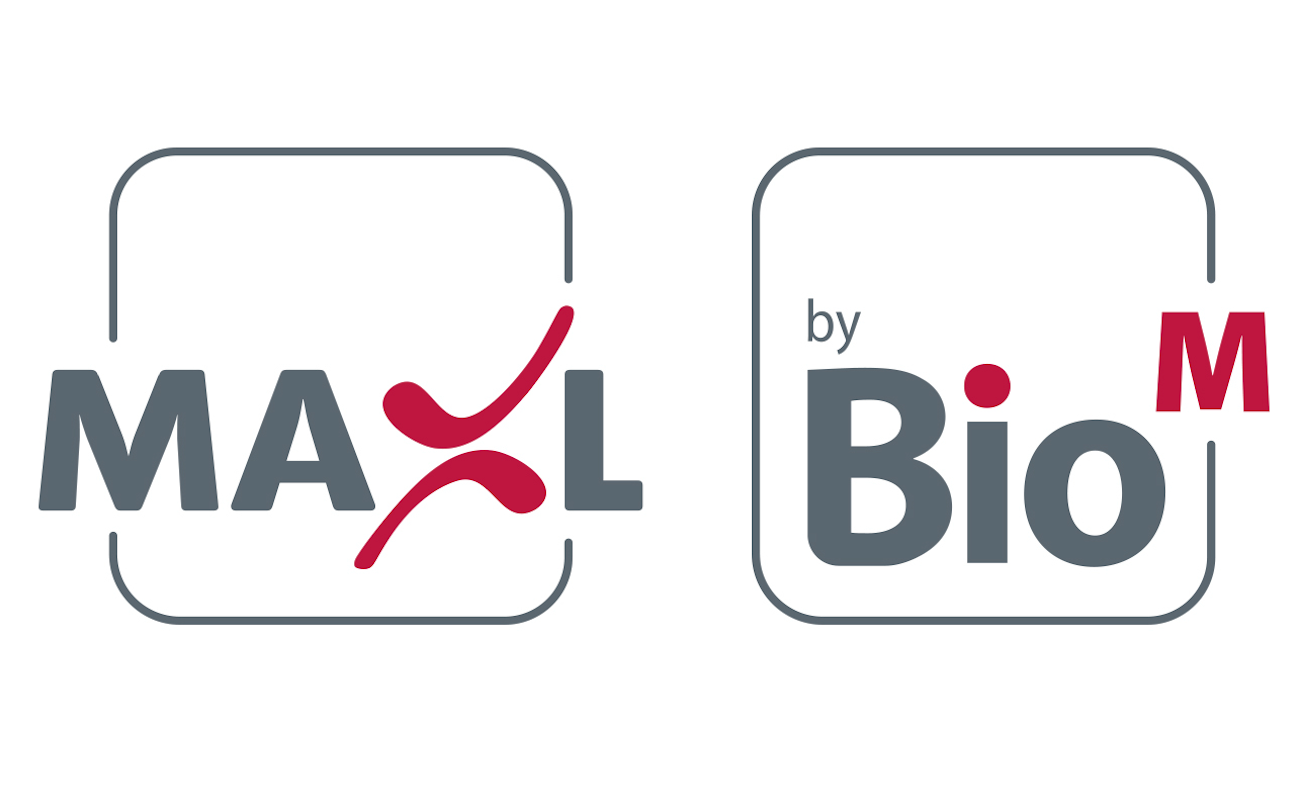Transfection Reagents
Transfection reagents are specialized tools designed to deliver nucleic acids (DNA, RNA, or proteins) into mammalian cells, enabling genetic modification and molecular studies across biotechnology, gene therapy, and research applications. This category encompasses a variety of delivery methods including lipofection reagents, polymer-based vectors, electroporation solutions, and microinjection systems that facilitate efficient intracellular transport while maintaining cell viability.
These reagents are fundamental to workflows involving CRISPR gene editing, therapeutic gene delivery, vaccine development, protein production, and functional genomics studies. Lipid-based transfection reagents such as Lipofectamine and FuGENE are widely used for plasmid delivery in cell lines, while electroporation reagents support high-efficiency transfection in primary cells and difficult-to-transfect cell types. Polymer-based systems offer controlled release kinetics and reduced cytotoxicity for sensitive cell cultures.
Applications span multiple research domains including cancer biology (for oncogene studies), immunology (CAR-T cell engineering), neuroscience (optogenetics and neuronal reprogramming), and pharmaceutical development (drug target validation). In biomanufacturing, transfection reagents enable stable cell line development for antibody production and recombinant protein expression in CHO, HEK293, and other industrial cell platforms.
Wasteless Bio provides access to surplus transfection reagents from reputable suppliers, allowing researchers to source high-quality materials at reduced costs while supporting laboratory sustainability. Each listing includes detailed specifications on delivery efficiency, cell compatibility, and cytotoxicity profiles to ensure optimal experimental outcomes. This category enables labs to advance genetic engineering projects more affordably while reducing waste in the life sciences supply chain.
Top Picks
Our most popular sustainable products








